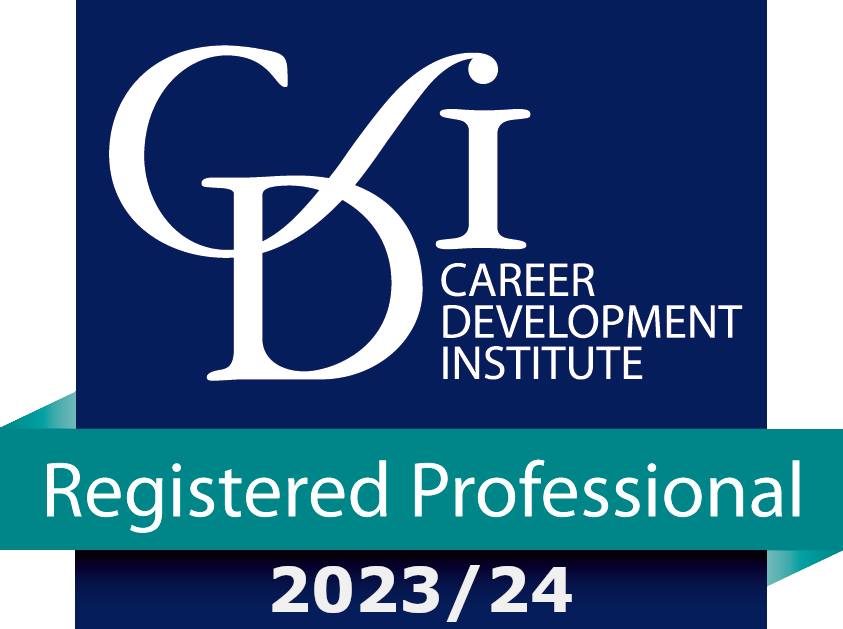Statutory Duty
- Updated Statutory Guidance for Careers July 21

Updated Statutory Guidance for Careers July 21
Thursday 15th July 2021
Thankfully, at first glance at least, there is little change to the current regime. However, as expected, The Baker Clause and Ofsted are to the fore. Most of the document continues to outline the Gatsby Benchmarks and how they should be approached and the support available via the CEC, NCS etc. Therefore, if you've been improving your careers provision and striving towards meeting all of the Gatsby Benchmarks, very little of the rest of the updated guidance will come as a surprise to you.
For me the huge step forward is the way that the document sets out unequivocally what SLT and Governing Bodies must do. It starts with a very heartening statement
The department urges senior leaders to back their careers team, especially their Careers Leader, and to invest in personal guidance provided by a qualified careers adviser. This will allow the continued delivery of high-quality, progressive careers programmes that support all students to acquire the knowledge, skills and confidence to fulfil their potential. This statutory guidance explains the support we have put in place to help schools and colleges achieve this.Especially the clarification of the way the Baker Clause should be implemented.
KEY TAKEAWAYS/CHANGES
- There has been no change to careers legislation
- There is now one single guide that applies to colleges and schools (Where I use the term schools, I use it to refer to schools and colleges)
- There is a section that brings info for governors and SLT into one place rather than peppered throughout the document and implicitly sets out the basis of their obligations in funding, managing and resourcing careers.
- More flesh on the bones of the Skills for Jobs White Paper from January
- Changes to reflect Ofsted's renewed interest in careers guidance
- References to the effect of Covid 19 and how virtual encounters can be utilised.
Pages 7-14 outline what SLT & Governors need to do to meet requirements
This section sets out why careers learning is important and immediately brings the Baker Clause to the fore and signals new strengthened legislation coming into effect in Jan 22 which will be published in Sept 21.
In the meantime SLT and Governors are referred to page 35 which sets out the current expectations and then goes on to suggest ways to mitigate workload. Schools must:-
- Comply with current duty and allow access to the full range of post 16 and 18 providers The only reason not to provide access to a particular type is if there is none within reasonable travelling distance. E.G. The nearest Studio School is more than 2 hours away.
- All visits must be made available to all studentsin the applicable year group and the school must not do anything to limit pupils from attending.
- As now an access policy must be in existence and must be available on the school website.
The importance of the changes in policy and the introduction of T Levels
The white paper recognises the importance of continuing to improve careers guidance in schools and colleges so that students can make an informed choice between technical and academic options and students following 16 to 19 study programmes can focus on progression to education or training at the next level or to employment
Schools must continue to strive towards improving their performance against the Gatsby Benchmarks and all schools are expected to meet them fully.
Careers Leaders
Careers leadership is becoming established in schools and colleges and is crucial to improving careers provision. Schools and colleges are expected to appoint a Careers Leader who has the skills, commitment and backing from their senior leadership team, including protected time that enables the Careers Leader to carry out the role effectively. Schools and colleges must name the Careers Leader and publish their contact details on their website.
The information then goes on to give details of the training available and the availability of Compass+ to all schools to track data and support evaluation
Ofsted
Schools and colleges should understand and plan for how careers guidance features in Ofsted’s Education Inspection Framework and in the individual handbooks for maintained schools and academies and further education and skills.
Ofsted MUST now comment on careers learning in every inspection report
...Inspectors will always report where a school falls short of the requirements of the provider access legislation (‘Baker Clause’), as well as considering how it affects a school’s inspection grade.
For avoidance of any doubt, here are the paragraphs from the updated Ofsted Handbook June 2021
256. All secondary schools are expected to provide effective careers information, education, advice and guidance (CIEAG), in line with the statutory ‘Careers guidance and access for education and training providers’, to encourage pupils to make good choices and understand what they need to do to succeed in the careers to which they aspire.
257. As part of this, it is important that schools understand and meet the requirements of section 42B of the Education Act 1997 (the ‘Baker clause’), which came into force in January 2018. Both maintained schools and academies are required by law to:
- provide opportunities for a range of education and training providers to speak to pupils in Years 8 to 13 to inform them about technical education qualifications and apprenticeships
- publish a policy statement setting out the arrangements the school has in place for pupils to access education and training providers
- make sure the policy statement is followed so that all pupils in Years 8 to 13 receive information about the full range of education and training options
258. In assessing a secondary school’s personal development offer, inspectors will assess the quality of CIEAG and how well it benefits pupils in choosing and deciding on their next steps. This will include looking at:
- the quality of the unbiased careers advice and guidance provided to pupils
- the school’s implementation of the provider access arrangements to enable a range of education and training providers to speak to pupils in Years 8 to 13
- how the school provides good quality, meaningful opportunities for pupils to encounter the world of work
- the school’s use of the Gatsby Benchmarks
- the school’s published information about its CIEAG provision (as required by the School Information Regulations) and the school’s statement on its provider access arrangements (as required by section 42B of the Education Act 1997)
259. If a school is not meeting the requirements of the Baker Clause, inspectors will state this in the inspection report. They will consider what impact this has on the quality of CIEAG and the subsequent judgement for personal development.
Quality in Careers Standard
It is strongly recommended that all schools and colleges work towards a Quality in Careers Standard award which provides external validation and supports improvement of careers learning provision.
Schools and colleges can gain formal accreditation of their careers programme through the Quality in Careers Standard - the single national quality award for careers education, information, advice and guidance. The Standard is owned by the Quality in Careers Consortium which involves the major professional associations of school and college leaders alongside the Career Development Institute and Careers England. The Standard is fully aligned to the Gatsby Benchmarks and incorporates Compass and Compass+ into its processes. The Standard seeks additional evidence of outcomes for students from the school or college careers programme. As the Standard is externally assessed by one of the Licensed Awarding Bodies, appointed by the Consortium, student voice is a key part of assessors evidence gathering on the impact the careers programme has had on students’ career-related learning. We strongly recommend that all schools and colleges work towards the single national Quality in Careers Standard to support the development of their careers programme.
The Governing Body is expected to:-
In schools and colleges, the governing body should provide clear advice and guidance on which the school or college leader can base a strategic careers plan which meets the legal or contractual requirements of the school or college.
The Governing Body
The governing body must make sure that independent careers guidance is provided to all 12- to- 18-year-olds and students aged up to 25 with an education, health and care plan, and that it is:
- presented in an impartial manner, showing no bias or favouritism towards a
particular institution, education or work option;
- includes information on the range of education or training options, including
apprenticeships and technical education routes;
- guidance that the person giving it considers will promote the best interests
of the students to whom it is given.
They must also ensure the school meets the Baker Clause.
Is that enough to be getting on with?
My advice, get pages 7-14 highlighted and show them to your SLT/Governors, or of course you could show them this blog.
The updated statutory guidance can be downloaded from the DFE website via this link





